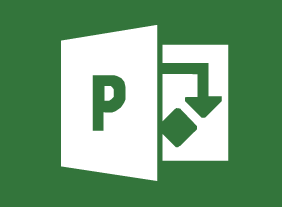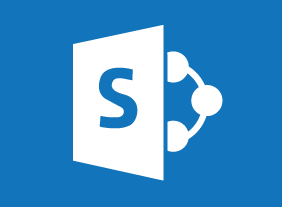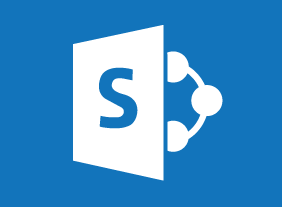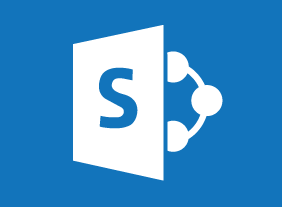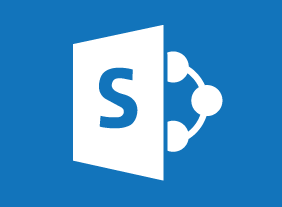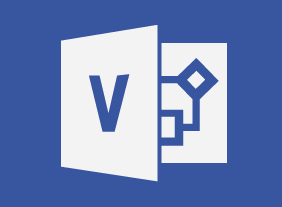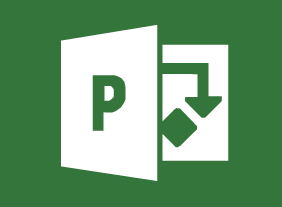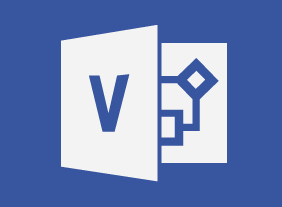-
Microsoft Teams: Using Other Communication Tools
$99.00In this course you will learn how to use chat, and manage meetings and files. -
Fostering Innovation
$99.00At the end of this course, you will be able to understand what fostering innovation means , learn what an innovative workplace looks like, determine how you can help create an innovative workplace environment, understand your role in helping to foster innovation, know what happens in the workplace when you help foster innovation, and describe ways that innovation can help your company. -
Conducting Accurate Internet Research
$99.00This course is going to provide you with the skills you will need to get the most of an Internet search. You will learn where to look for information, how to find it, and the types of information that you can, and cannot, find online. It looks at the surface web and then takes you further in your searching skills to the deep web. -
Introduction to HTML and CSS Coding: Doing More with HTML
$99.00In this course you will learn how to add images in HTML, add links in HTML, and add tables in HTML. -
Communication Strategies
$99.00This course will teach you all about the various aspects of communication. You will learn about asking questions, probing for information, active listening, and body language. Supporting skills are also covered, such as self-esteem, building relationships with others, and assertiveness. -
Creativity In The Workplace
$99.00After you complete this course, you will be able to, define creativity, identify the characteristics of a creative person, develop your creativity, understand the importance of creativity in the workplace, identify the benefits of creativity in the workplace, examine creative corporate cultures, foster creativity in the workplace, and apply brainstorming techniques. -
Branding: Creating and Managing Your Corporate Brand
$99.00This course will get you started on the road to creating a perfect brand. Youll learn how to develop a visual identity from start to finish, the basics of graphic design, and how to keep your brand energized and alive. -
Creating a Dynamite Job Portfolio
$99.00In this course, youll learn about the different aspects of your job package, including your resume, cover letter, and job portfolio. Youll also receive a plan that will get you to a job in 60 days, techniques for writing thank-you notes, and tips for choosing your references. -
Personal Brand: Maximizing Personal Impact
$99.00In this course, youll learn what a brand is and how you can leverage it to make a personal impact. Youll define, design, and plan the interior elements of your brand (such as your confidence level and approach to others) as well as the exterior elements (such as how you dress and act). Youll also learn supporting skills, such as setting goals, communicating effectively, building your credibility, managing difficult conversations, influencing others, and speaking in public. -
Time Management
$99.00After you complete this course, you will be able to better organize yourself and your workspace for peak efficiency, understand the importance of, and the most useful techniques for, setting and achieving goals, plan and schedule your time efficiently, learn how to set priorities, discover the ingredients for good decision-making, learn what to delegate and how to delegate well, take control of things that can derail your workplace productivity, create order and get organized, and manage your workload.





